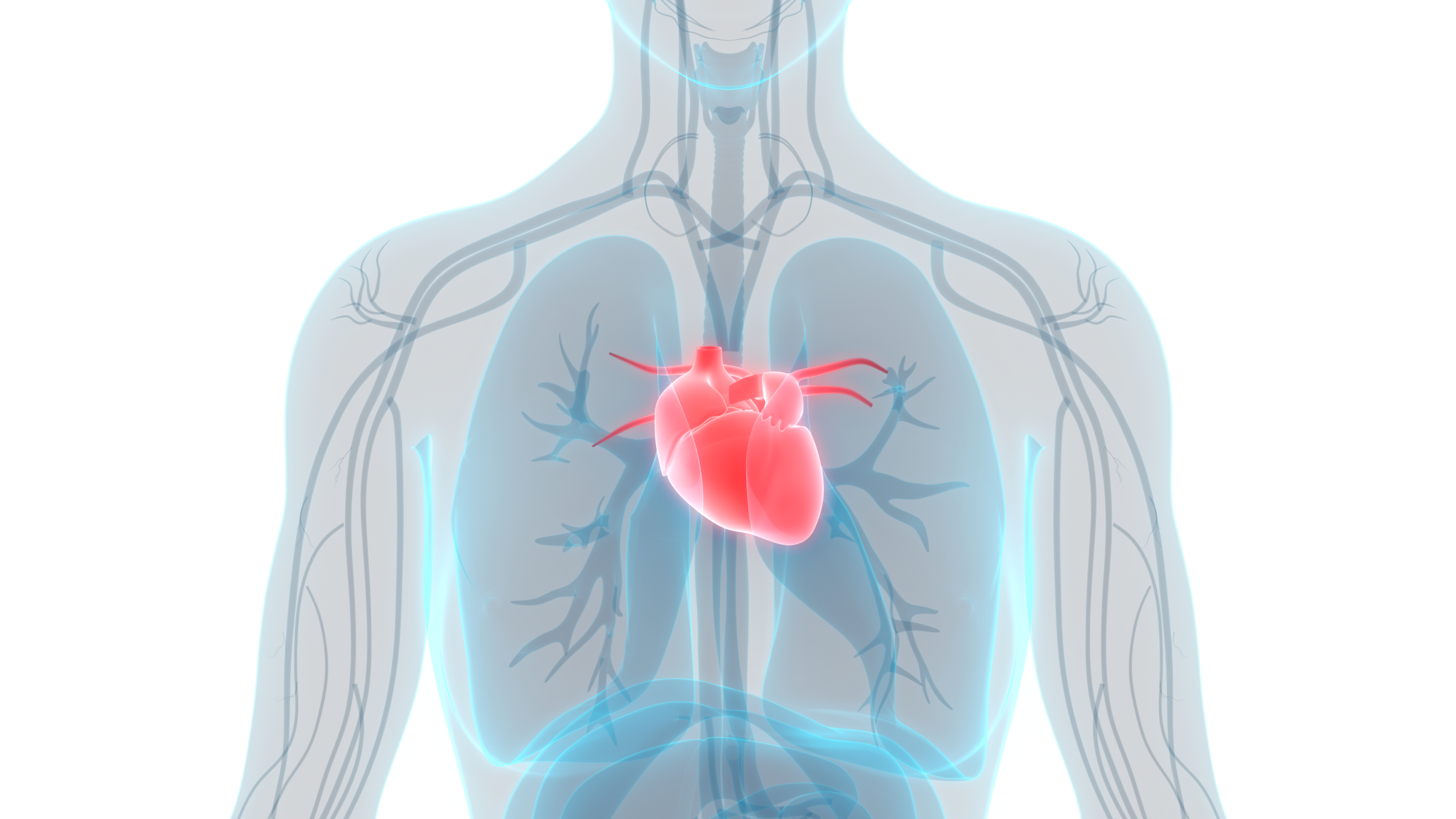teaser
The European Medicines Agency’s Committee for Medicinal Products for Human Use (CHMP) has adopted a positive opinion for Rasitrio® for the treatment of high blood pressure.
Rasitrio® has been recommended as replacement therapy in patients whose blood pressure is adequately controlled on a combination of its components given concurrently at the same dose level as in the combination.
The European Commission will deliver its final decision in the next few months.
The CHMP positive opinion of Rasitrio is based on clinical trial data involving more than 1,181 high blood pressure patients.
The Phase III pivotal study showed that Rasitrio produced statistically significant blood pressure reductions compared to dual combinations of each of its individual components, including aliskiren/amlodipine 300 mg/10 mg, aliskiren/HCTZ 300 mg/25 mg and amlodipine/HCTZ 10 mg/25 mg.
The effect of Rasitrio was observed as early as one week after initiation of therapy and was maintained over the entire 24-hour dose interval.
“Adherence to treatment is often very challenging for patients requiring three or more medications to manage their high blood pressure,” said Professor Roland E. Schmieder, M.D., University Hospital of the University Erlangen-Nuremberg, Germany.
“Triple combination therapy with Rasitrio provides patients with a comprehensive and convenient high blood pressure treatment in one pill.”
The single-pill combination Rasitrio works to lower blood pressure in three ways.
The Rasilez component targets the activity of the renin angiotensin aldosterone system (RAAS), an important regulator of blood pressure.
Rasilez directly binds to and inhibits renin, an enzyme produced by the kidneys that starts a process that can make blood vessels narrow and lead to high blood pressure.
The calcium channel blocker amlodipine lowers blood pressure by relaxing the blood vessel walls, and the diuretic hydrochlorothiazide increases the excretion of sodium chloride and water.
All three complementary medicines enable blood to flow more easily, therefore lowering blood pressure.
It is estimated that about one billion people globally have high blood pressure, with many remaining uncontrolled despite treatment.
High blood pressure alone can cause damage to the vital organs of the body, including the heart, brain and kidneys.
It is also linked with other conditions such as diabetes, where high blood pressure is estimated to cause up to 75% of diabetic cardiovascular complications.
However, if high blood pressure is properly controlled, the incidence of stroke and heart failure can be reduced by almost half and heart attacks by one quarter.
Up to 85% of patients may need multiple medications to help control their high blood pressure.

